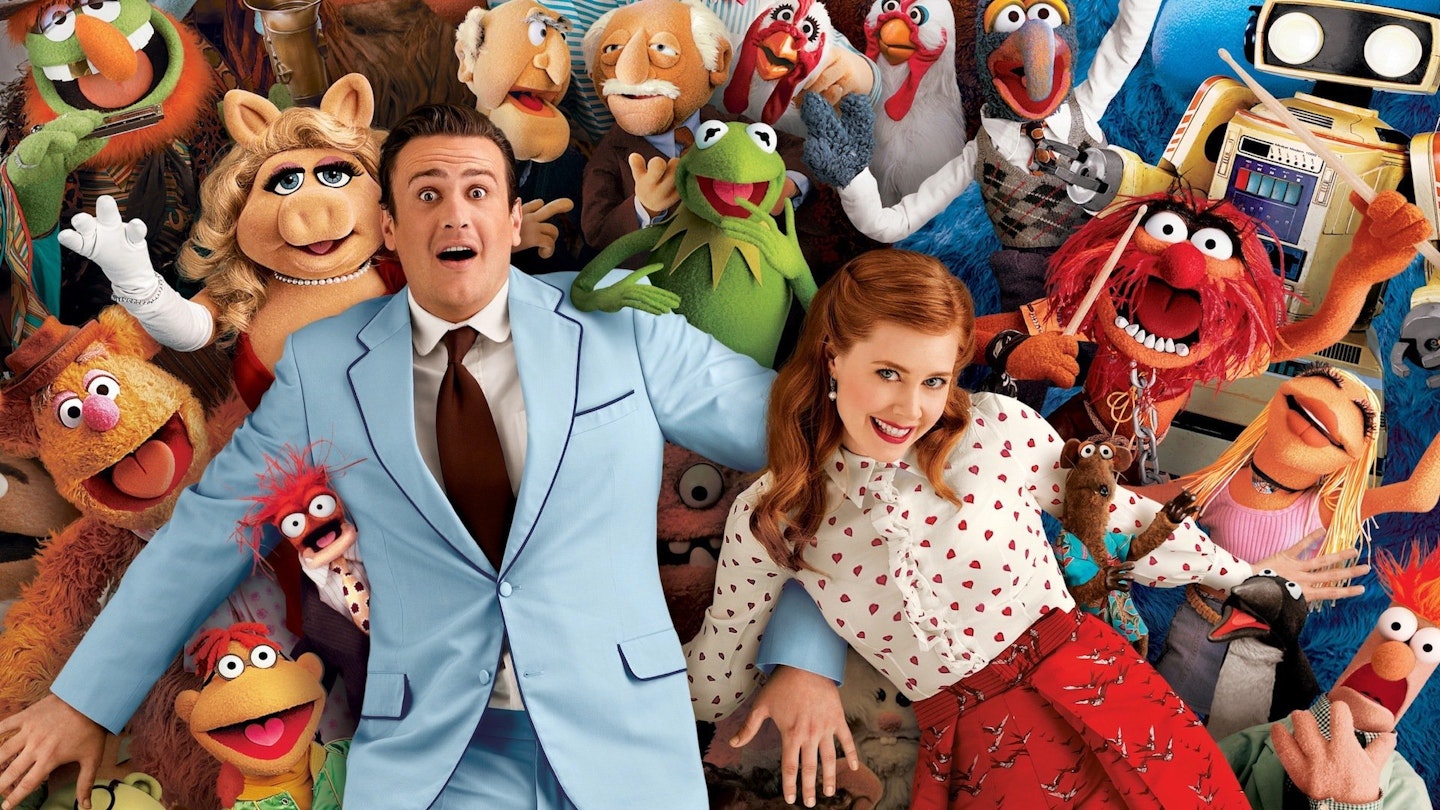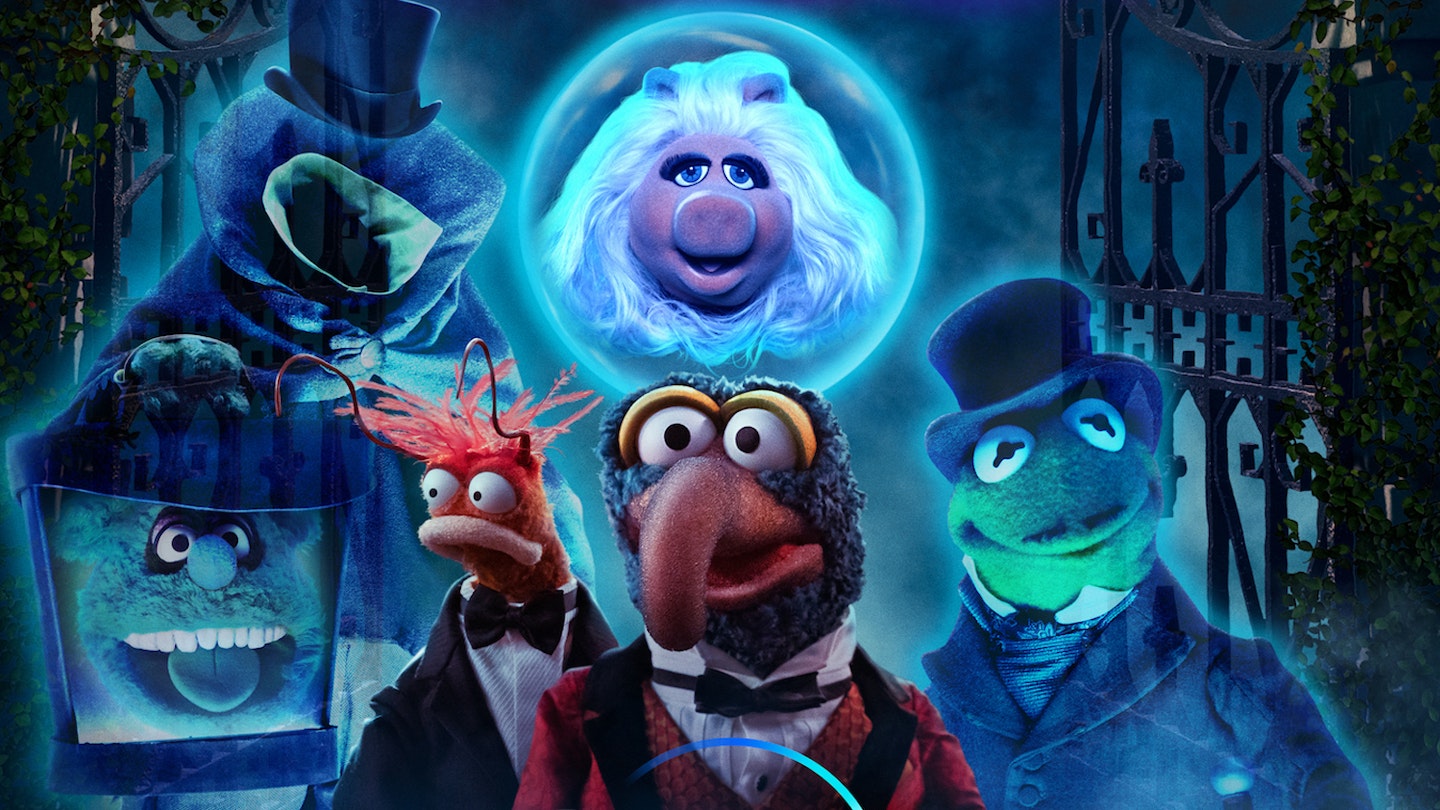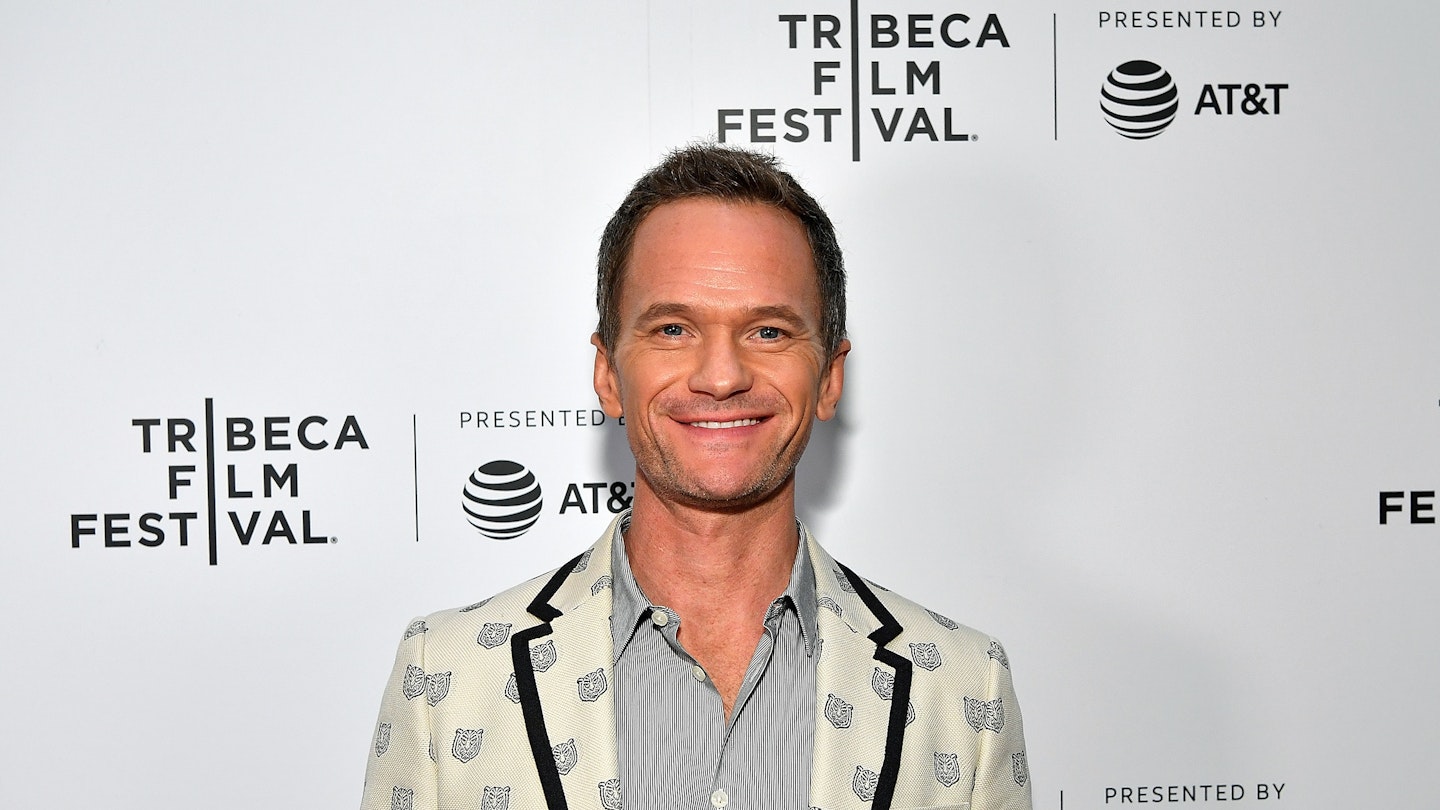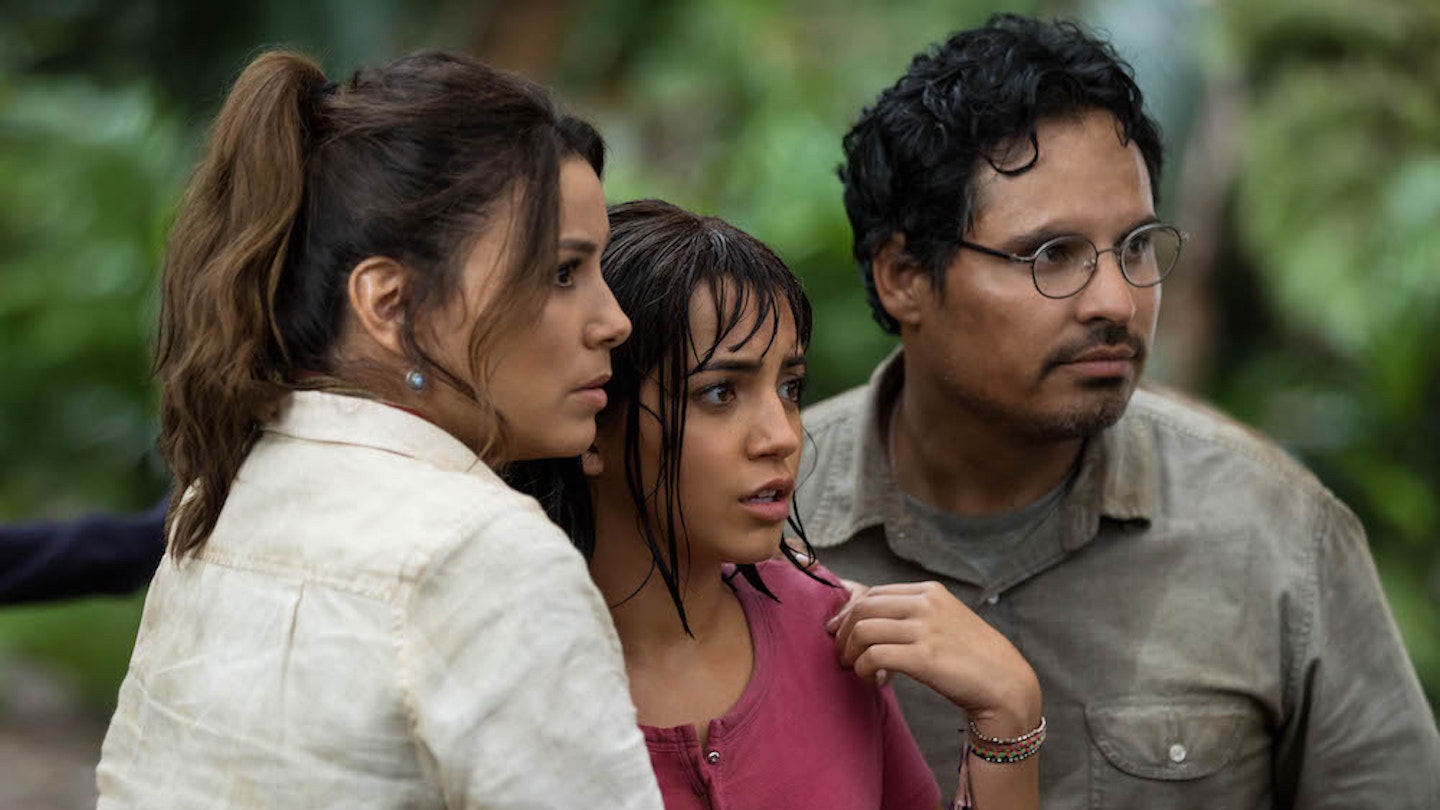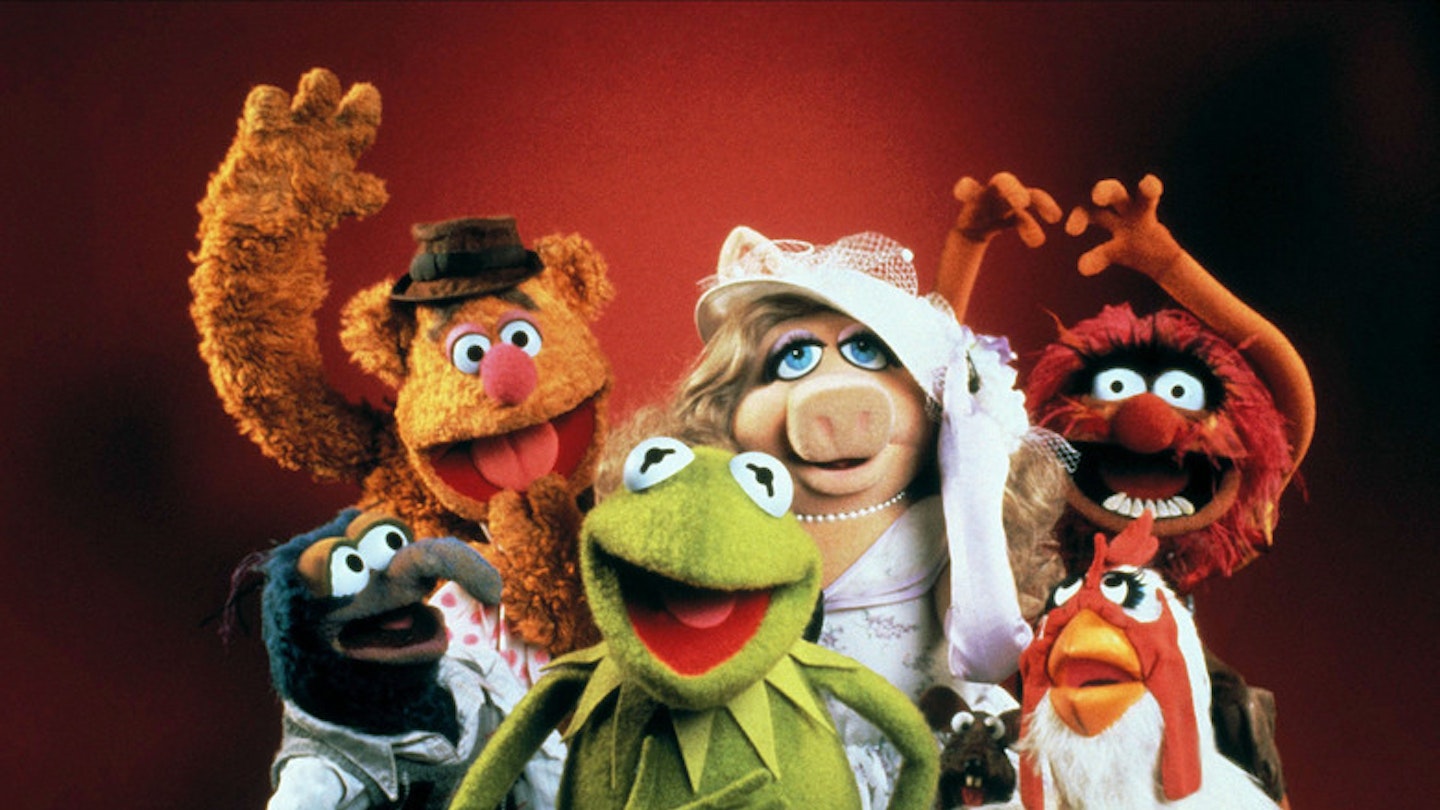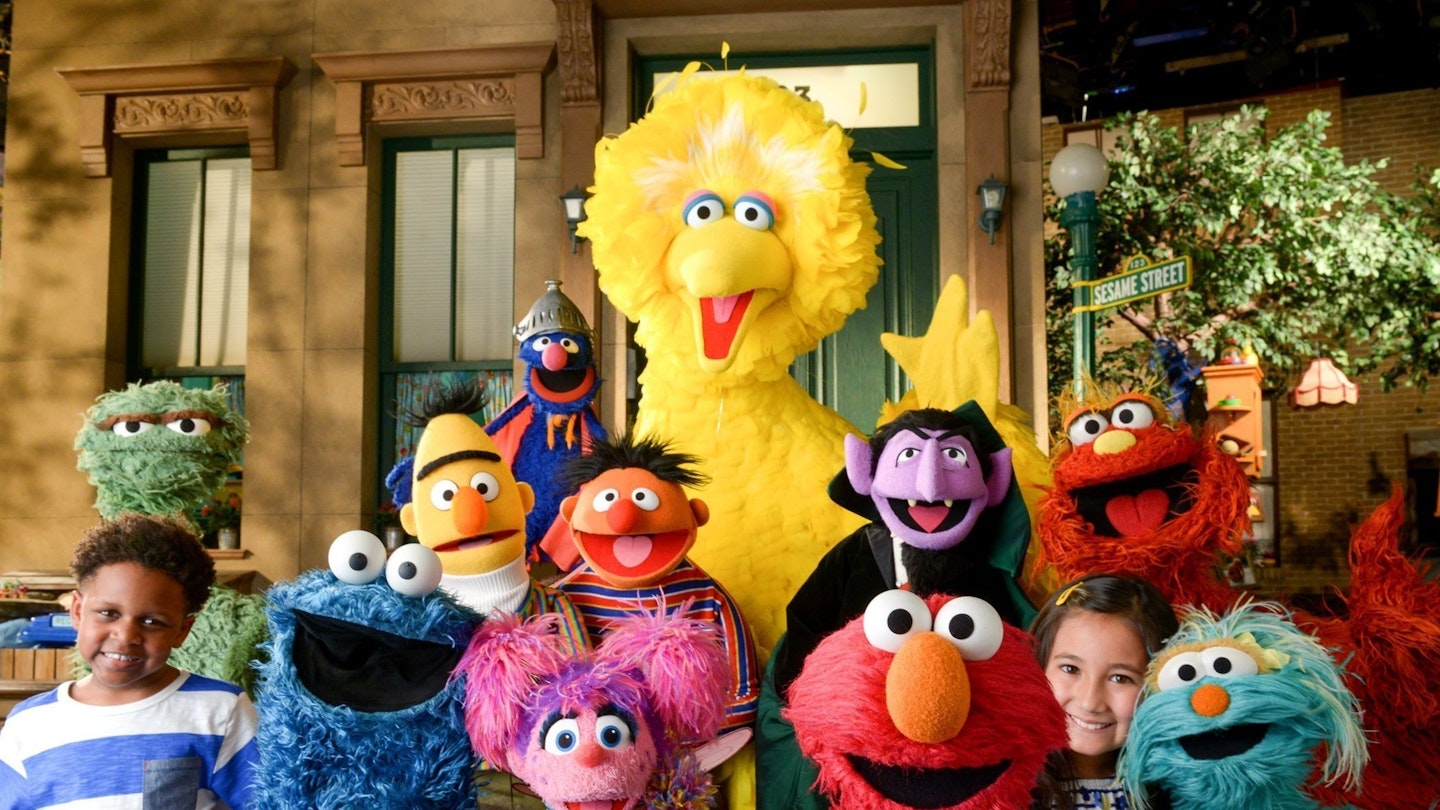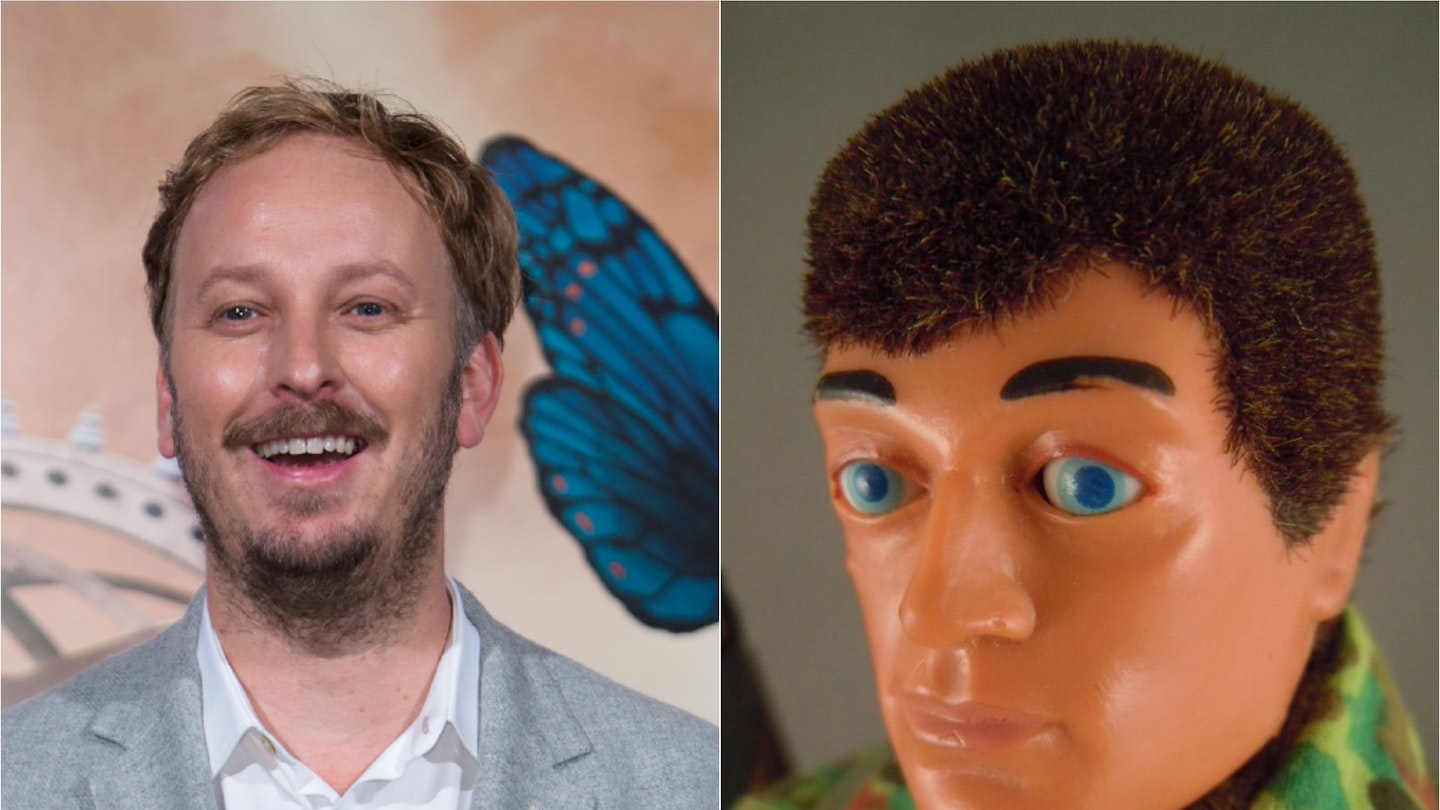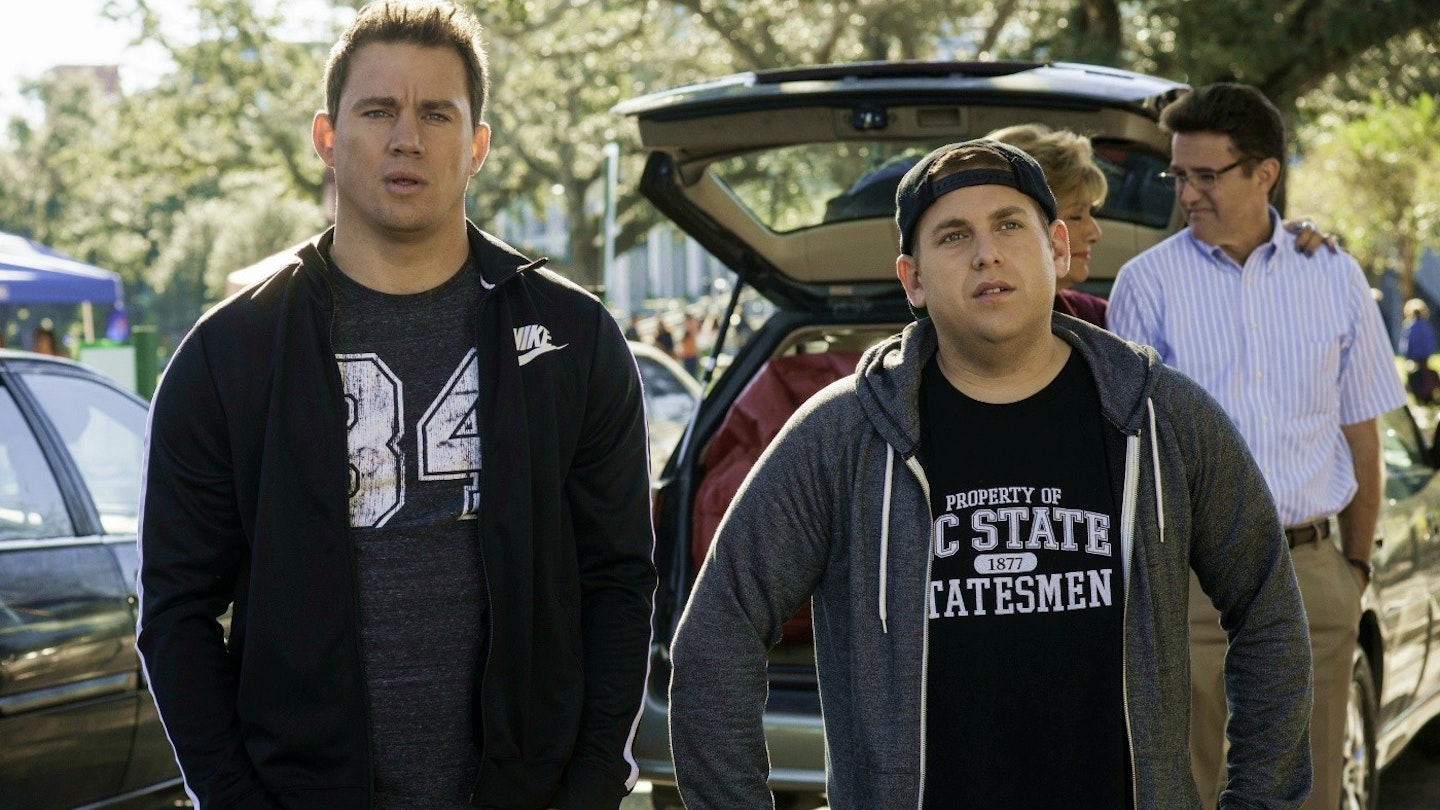It’s not really true that the Muppets have been absent for a long time. Their last cinema appearance, the forgettable Muppets From Space, may be over a decade ago, but they’ve been bobbling about in the odd TV movie since, the last being 2008’s Letters To Santa. So strictly speaking they’ve only been off screens for four years. But it feels like they’ve been existing outside everyone’s attention for much longer, and if Batman and Spider-Man can have reboots, why can’t the Muppets? Particularly if they’re going to be as nutty and fun as this.
The Muppets (the simple title being a rather elegant wiping clean of the slate) pretends that most of the past few decades’ output never happened and that the band of felt animals, vegetables and indescribables went their separate ways when their fame dwindled. They’d never intended to see each other again, until their number one fan, a fellow fuzzy fellow named Walter, learns of a plot to destroy the hallowed Muppet Theatre to get at the oil beneath it, which can only be stopped if the gang get back together to put on a fundraising show and buy back their home.
As plots go, it’s almost as old as ‘one day a boy met a girl and they overcame an obstacle of some sort’, but it’s just a foil for a reunion. And it’s when the band starts reforming that something becomes clear: the Muppets may not have been away, but it’s a long time since we’ve seen them being funny in the way they were in the days of Jim Henson’s original show. The films that followed Henson’s death, even the terrific Muppet Christmas Carol, tacked the group’s oddities onto an existing story; Muppets From Space misfired by putting them on a galaxy-wide canvas. The Muppets are diluted by giving them anything beyond the most basic of narratives. Give them as little plot as possible and you leave ample room for them just to be weird at each other — karate chopping, blowing themselves up and inventing ‘fart shoes’. They are creatures of chaos, not order.
Jason Segel, who stars as Walter’s brother Gary and co-writes with Nicholas Stoller (Get Him To The Greek) understands this completely and has nailed the right tone. There’s no side to the Muppets and they’re never too knowing. There could easily have been gags about the oddity of Walter and Gary being brothers but it’s just accepted, in the same way as the entire cast will frequently burst into song (most benefiting greatly from the writing of Flight Of The Conchords’ Bret McKenzie). The Muppets don’t do cynicism; they do joyful surreality that causes everyone to wave their arms as wildly as their puppeteer’s reach will allow.
Under Segel and Stoller’s control, as well as that of director James Bobin (also a Conchords vet), the Muppets are back to being guilelessly useless. They try constantly and believe they are genuinely talented performers putting on an impressive show. In fact, their only skill is the ability to fail charmingly. Fozzy’s not funny; Gonzo consistently fluffs his magic tricks; even Kermit, the most together of the bunch, sings like he’s swallowing an orange whole. When Walter gets his shining moment it’s with an act that would usually be an opportunity for the audience to nip to the loo. They’ve no idea they’re rubbish, which is what’s so lovely.
On the celebrity cameo front, there’s a bit of a feeling of ‘will this do?’. The Muppet Show used to score by putting big-name stars in a rickety variety show they’d otherwise avoid like direct overhead lighting. The new movie couldn’t scrabble much in the way of A-list talent (excepting the brief but amusing work by Emily Blunt as Piggy’s assistant, in a wry echo of her Devil Wears Prada break-out). Jack Black, of all people, is paraded as the pinnacle of glittering celebrity, even though he’s now probably available for weddings, Bar Mitzvahs and the opening of fêtes in reasonably large villages. Some of the cameos are fun (Kristen Schaal and Jim Parsons stand out) but the film builds expectation that someone huge is going to crop up as a final punchline. They never do. However, the success of the film doesn’t rest on mere humans. Segel, Amy Adams and Chris Cooper are all delightful as the only significant non-puppets, but they’re, in the nicest possible way, background. Though there are some periods here where scenes lose their way or don’t hit the right note, it was ever thus with the skit-based style of The Muppets. When everyone’s playing the same tune, albeit in their own discordant way, this is boundlessly cheering and, in the way it has recaptured the spirit of Jim Henson’s early days, peculiarly moving.
